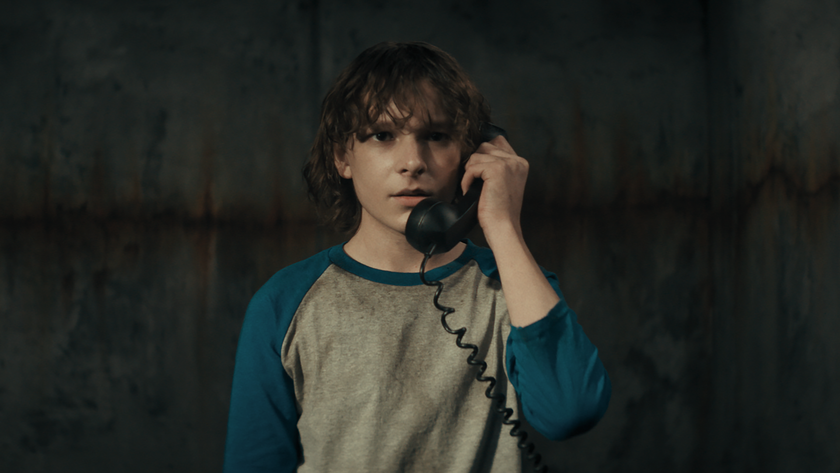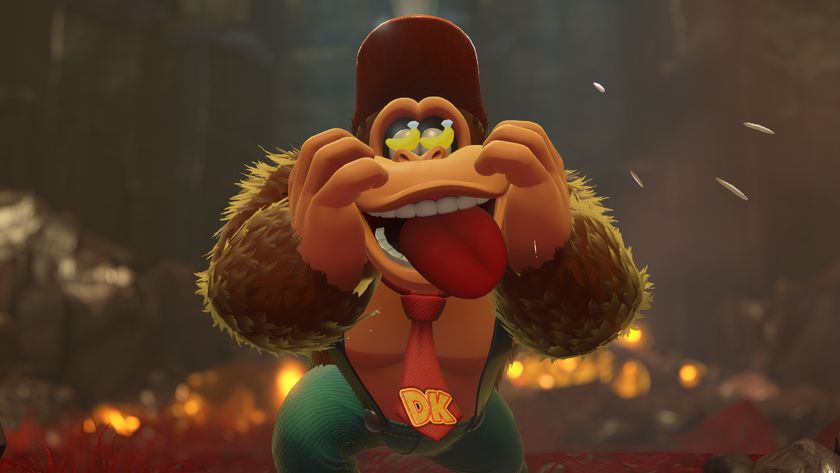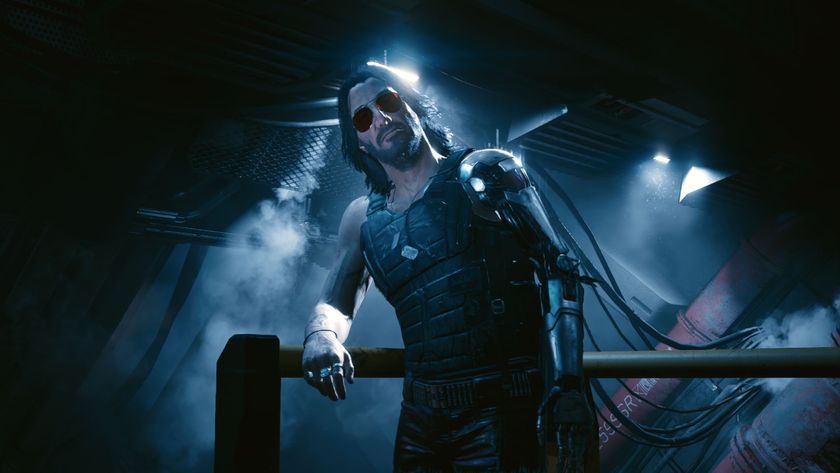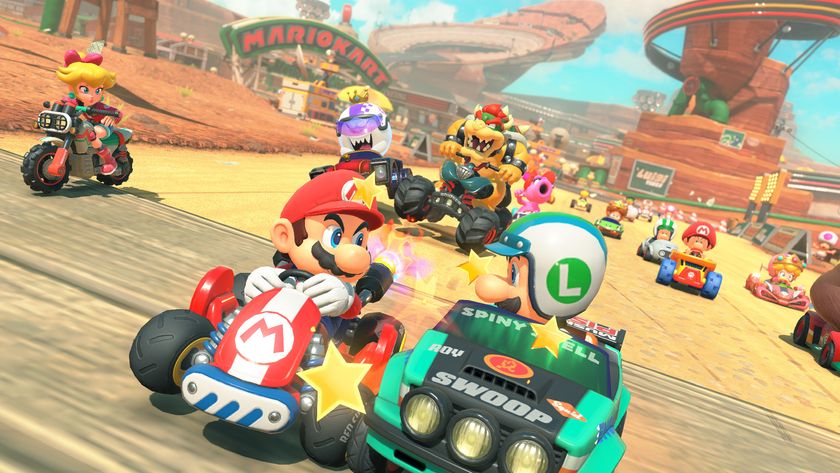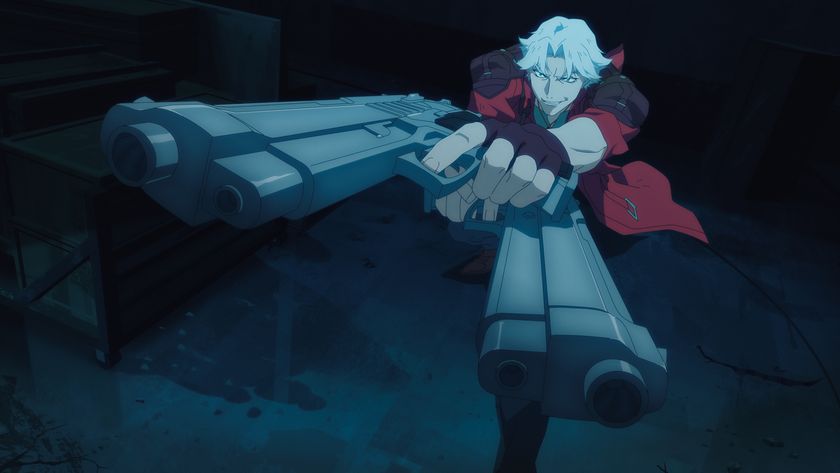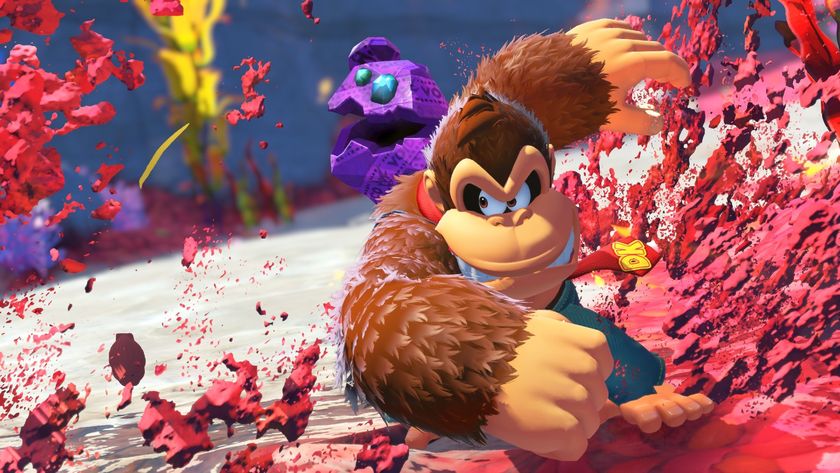30 Movie Scripts Written By Authors
Writers who went from page to screen
Brokeback Mountain (2005)

The Author: Larry McMurtry ( Terms Of Endearment, Lonesome Dove, The Last Picture Show and many, many more)
The Screenplay: Adapted from the short story by Annie Proulx, McMurtry co-wrote the screenplay with his partner Diana Ossana. The pair went home with an Oscar for their efforts.
Signature Style: McMurtry's works are almost always set in the old West or modern-day Texas, so this fell write in his wheelhouse.
The Counselor (2013)

The Author: Cormac McCarthy ( No Country For Old Men, The Road, All The Pretty Horses among others)
The Screenplay: It is McCarthy's first original screenplay, with the spec script sold to Nick Wechsler, Paula Mae Schwartz, and Steve Schwartz, who had produced the film adaptation of McCarthy's novel The Road .
Signature Style: There's a distinct poetic style to the dialogue that is certainly reminiscent of McCarthy's prose, but his most obvious calling card is the extreme violence and bloodshed present.
Lifeboat (1944)

The Author: John Steinbeck ( Of Mice And Men, The Grapes Of Wrath, East Of Eden among others)
Sign up for the Total Film Newsletter
Bringing all the latest movie news, features, and reviews to your inbox
The Screenplay: Hitchcock came up with the idea for this single-setting story about a group of survivors on a lifeboat, and he asked Steinbeck to write it as a short story so as to sell the rights to the studio, and then write the script. He did this even though the novella was never published as his agents didn't deem it worthy.
Signature Style: After seeing the film, Steinbeck asked for his name to be taken off the credits, feeling that the movie had racist undertones, so he would hope that there is little recognisable about his style in the finished product.
Spider-Man 2 (2004)

The Author: Michael Chabon ( Wonder Boys, The Amazing Adventures Of Kavalier & Clay and The Yiddish Policemen’s Union among others)
The Screenplay: Chabon was hired to rewrite a script put together by David Koepp, Alfred Gough and Miles Millar, but his draft contained many elements that didn’t make it in the final cut, including making Doc Ock younger and in love with Mary Jane, as well as the creator of the genetically altered spider from the first film with an anecdote to cure Peter Parker of his superabilities. And yet, a lot of Chabon’s main set-piece elements did make it in to the finished film.
Signature Style: Anyone who has readt The Amazing Adventures Of Kavalier & Clay will know Chabon’s passion for superheroes so this is a no-brainer.
Double Indemnity (1944)

The Author: Raymond Chandler ( The Big Sleep, The Long Goodbye, The Lady In The Lake and lots, lots more)
The Screenplay: The script was adapted from a novella of the same name written by James M. Cain. When it came to hiring somebody to write it, producer Joseph Sistrom suggested Chandler because he was a huge fan of The Big Sleep . Chandler was new to writing screenplays and struggled with the process at first but ultimately learned to collaborate with director Billy Wilder on the script.
Signature Style: It’s film noir at its finest, and Chandler got the gig based on his practical invention of the genre with hard-boiled detective Philip Marlowe.
An Education (2009)
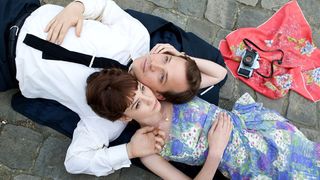
The Author: Nick Hornby ( Fever Pitch, High Fidelity, About A Boy and more)
The Screenplay: Hornby based the screenplay on an autobiographical essay written by journalist Lynn Barber, the full version of which wasn’t published until after filming was complete.
Signature Style: Hornby said of the story “She's a suburban girl who's frightened that she's going to get cut out of everything good that happens in the city. That, to me, is a big story in popular culture. It's the story of pretty much every rock 'n' roll band.” Popular culture? Rock ‘n’ roll band? It certainly sounds like Nick Hornby.
Gone With The Wind (1939)

The Author: F. Scott Fitzgerald ( The Great Gatsby, Tender Is The Night, The Beautiful And Damned , as well as many short stories such as The Curious Case Of Benjamin Button )
The Screenplay: As producer David O. Selznick struggled to edit down an extremely long novel to a very long script and then to a manageable film length, he hired several writers to help with the task. Fitzgerald was one of these, and his most notable, albeit uncredited, contribution was to remove several big dramatic speeches in favour of short, direct lines from the novel itself.
Signature Style: The film certainly fits in with the melodrama of Fitzgerald’s most noted work.
The Birds (1963)
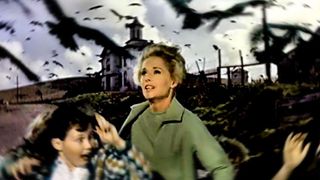
The Author: Evan Hunter, better known as Ed McBain a celebrated crime fiction writer whose works include Cop Hater, The Mugger, Killer’s Payoff and many, many, many more.
The Screenplay: The screenplay was adapted from a story by Daphne du Maurier, with Hitchcock instructing Hunter to create new characters and develop a more complex plot, which he did, developing the story with Hitchcock over a series of correspondence.
Signature Style: Having previously written a story for Alfred Hitchcock’s Mystery Magazine , Hunter claimed that he was hired by Hitchcock to write this screenplay for this film because he had proved with his successful crime fiction series that he could write suspense – something that would have obviously appealed to the great director and certainly something that formed the cornerstone of this movie.
You Only Live Twice (1967)
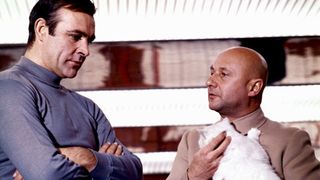
The Author: Roald Dahl ( Charlie And The Chocolate Factory, Fantastic Mr Fox, Matilda, The BFG, The Witches ... basically whatever your favourite childhood book was)
The Screenplay: Dahl was only hired to write the screenplay because he was a close friend of Ian Fleming. He has no previous experience of screenwriting and didn’t find the adaptation easy, calling the novel “Fleming’s worst book” with no real plot and comparing it to a travelogue. He essentially had to make up huge elements of the film and did so by copying the formula laid out in Dr No .
Signature Style: With Roald Dahl’s imagination let loose to invent an entire story, he delivers a script with overblown set-pieces and campy dialogue, which plays out almost like a parody of the character. Was this Dahl’s secret intention? Either way, the plot makes about as much sense as James And The Giant Peach , so there’s that.
Superman (1978) and Superman II (1980)
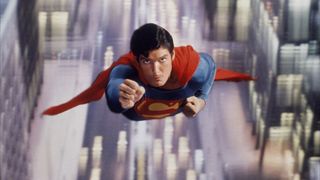
The Author: Mario Puzo (most notably, The Godfather , but also Fools Die, The Sicilian and The Last Don among others)
The Screenplay: During pre-production of Superman and Superman II (filmed back to back), Mario Puzo was hired to write the script for both movies based purely because he was a famous name. He turned in a 500-page script with an apparently solid story but it was overlong and campy. When Richard Donner came aboard. As director, he demanded that a new script was written from scratch.
Signature Style: There is still a huge question mark about what, if anything, remained from Puzo's draft in the finished films but you can be sure of one thing: he would have dug the strong family themes. That and the casting of Brando, of course.
